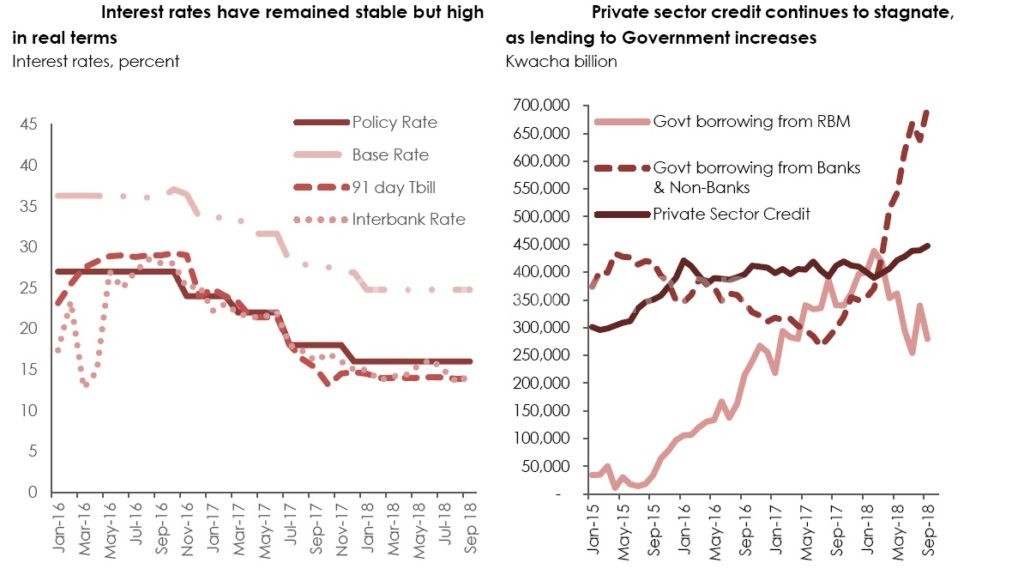Human rights group backs interest capping
The Human Rights Defenders Coalition (HRDC) has thrown its weight behind proposals in the Financial Services(Amendment) Bill and has since threatened unspecified action, including marching in solidarity of the Bill.
The Bill, which proposes to cap interest rates applicable on the credit facilities to a certain percentage above the prevailing policy rate for lenders and below the same policy rate for depositors, was tabled in Parliament last month under the private members bill by Dowa West member of Parliament, Alexander Kusamba Dzonzi.

The Bill was, however, referred to the Special Committee of Parliament for further scrutiny.
The call was made in a press statement released HRDC on Monda.
HRDC says while banks argue that the interest spread (difference between deposit and lending interest rates) is substantial because of the heavy risk of lending, the group has established that their assertion is incorrect.
“It is also worth noting that the exorbitant interest rates, which are one of the highest in the world, either prevent companies from borrowing funds to finance their expansion or if they borrow, they end up failing to pay. This is because of the abnormal additional charges of above15 percent of what banks call Default Penalty Interest Charges levied on top of normal lending interest rates [EDF], a government entity charges 7.5 percent default interest charges.
“This makes gross interest charged on capital borrowed to accumulate to unmanageable levels sometimes to over 1 000 percent when business is in trouble,” reads the statement in part.
Bankers Association of Malawi (Bam) president Paul Guta said government needs to take into consideration all fundamental principles that are contributing to high interest rates and the commercial banks will respond accordingly.
Resereve Bank of Malawi (RBM) governor Dalitso Kabambe says the monetary authority has had a lot of intervention on interest rates but whether the current policy is the right framework in place or there is need to revisit the policy is up to the players in the industry to discuss.
Among others, the Bill seeks to regulate interest rates; set Treasury Bills rate; reduce domestic public debt service costs by ensuring that the interest costs do not exceed the principal amount borrowed and Shrink of the spread between the lending and the deposit interest rates. n





